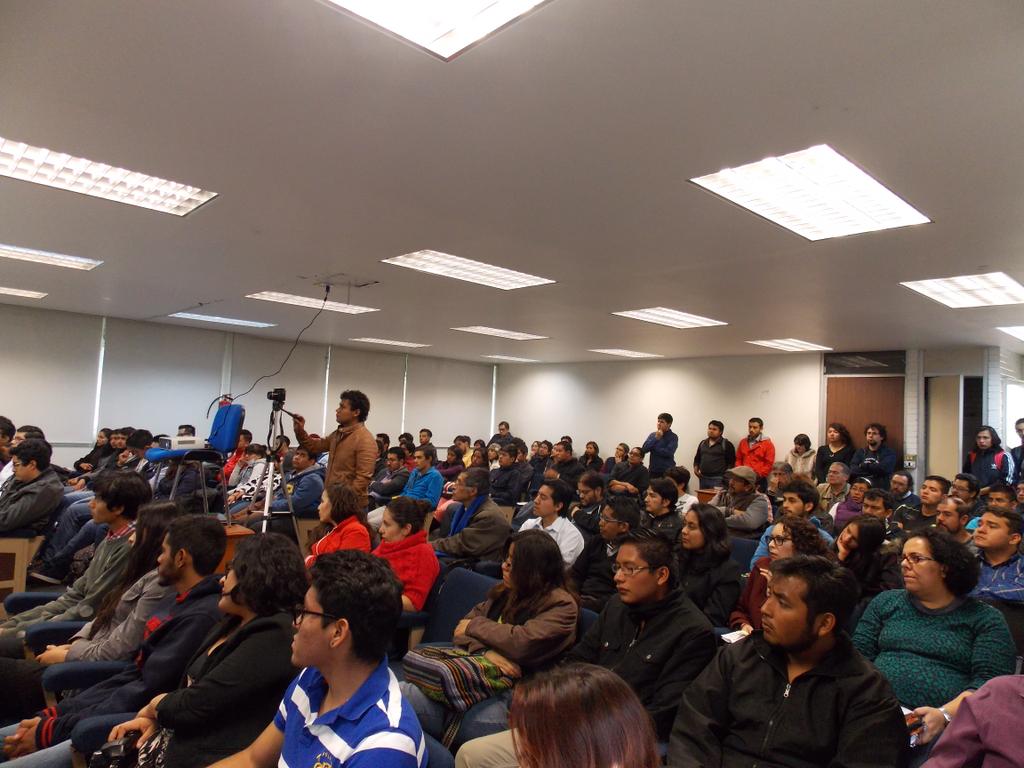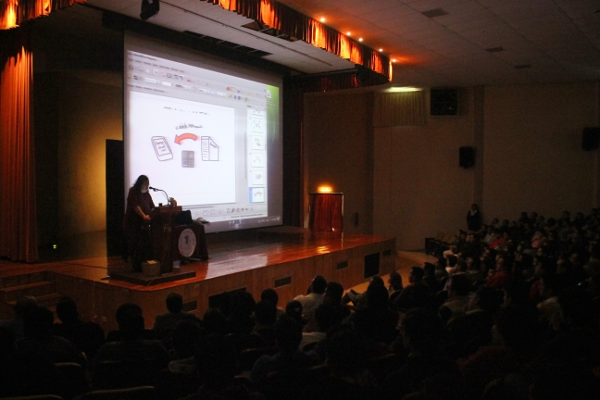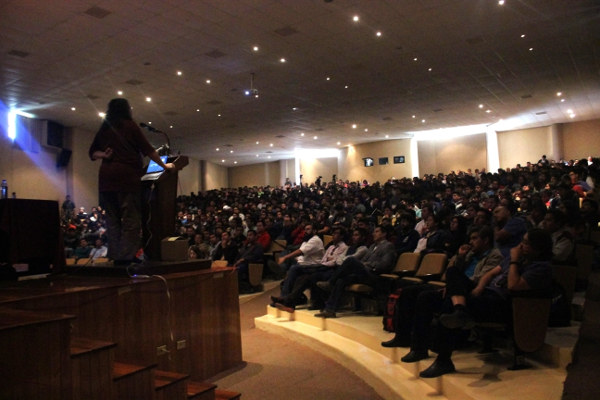Hardware we certified in 2015 to Respect Your Freedom
mercredi 6 janvier 2016 à 20:55
To prove naysayers wrong and to motivate production of real options for users, we created the Respects Your Freedom (RYF) hardware certification program. This certification is a guiding light companies can follow in order to demonstrate their commitment to respect your freedom, your privacy, and your right to control your devices.
When a company believes they have achieved our RYF certification criteria, they send us samples of the product for testing. If it passes muster, we enter into a contract with them that documents their commitment and allows them use of the certification mark for that product. We heavily promote all certified products and maintain a listing at www.fsf.org/ryf.

A person shouldn't need to fully understand all of the matters of liberty and privacy wrapped up in today's technology — they shouldn't need to have the expertise and knowledge needed to evaluate licenses, or to make sense of the many legal and technological restrictions that can encumber their hardware, threaten their privacy, or deny them control over their device and data. Instead, if a person trusts the FSF and trusts our commitments to doing this work well, they can seek out products bearing the RYF mark and know that this research has been done for them.
In our short-term vision, every product category should have certified options readily available both in stores and online. By informing the public, inspiring sellers, and building demand for such devices, we'll get to our long-term vision, which is to have all devices sold respect your freedom.
The RYF certification program is one of the most important parts of the FSF's work — and one of the most promising and successful parts. Since announcing our first RYF-certified product in October 2012 (the LulzBot AO-100 3D printer), we have certified a total of eighteen different hardware devices sold by five different companies. In 2015 alone we awarded RYF certification to six new devices:
- 3 laptops: Libreboot X200 and T400 from Minifree, and the Taurinus X200 from Libiquity.
- 2 3D-printers: The LulzBot TAZ 5 and the LulzBot Mini by Aleph Objects.
- 1 wireless router: The Free Software Wireless-N Mini Router (TPE-R1100) sold by ThinkPenguin.
The effects of the certification program go well beyond just the number of products certified. In several instances, certification has been an important factor in the creation of new small businesses: Some of those companies have achieved RYF certification on their products, while others are still working toward this goal. Other companies have told us that RYF certification is an integral part of their marketing strategy and part of the core philosophy and mission of the company.
Most certified hardware sellers have not only met our certification criteria, but have gone above and beyond, such as by committing a portion of their sales toward funding the development of free software programs or by releasing the complete hardware design documents for their devices under free licenses.
In 2016 and beyond, we hope to not only sustain our RYF certification program, but to grow it. You can be part of this growth. It will benefit you directly, by giving you real hardware options that respect your freedom.
Can you support the FSF's Respects Your Freedom certification work by making a donation to the Free Software Foundation? You can make a long-term commitment to help the FSF sustain and grow the program for years to come by becoming an associate member for as little as $10/month (student memberships are further discounted). Membership offers many great benefits, too.
Other ways you can help are to:
- Shine a light on RYF certified products by sharing them with your friends and on social media #ryf;
- steer hardware sellers toward our certification criteria;
- and subscribe to the FSF's Free Software Supporter newsletter to receive announcements about future Respects Your Freedom products.




















